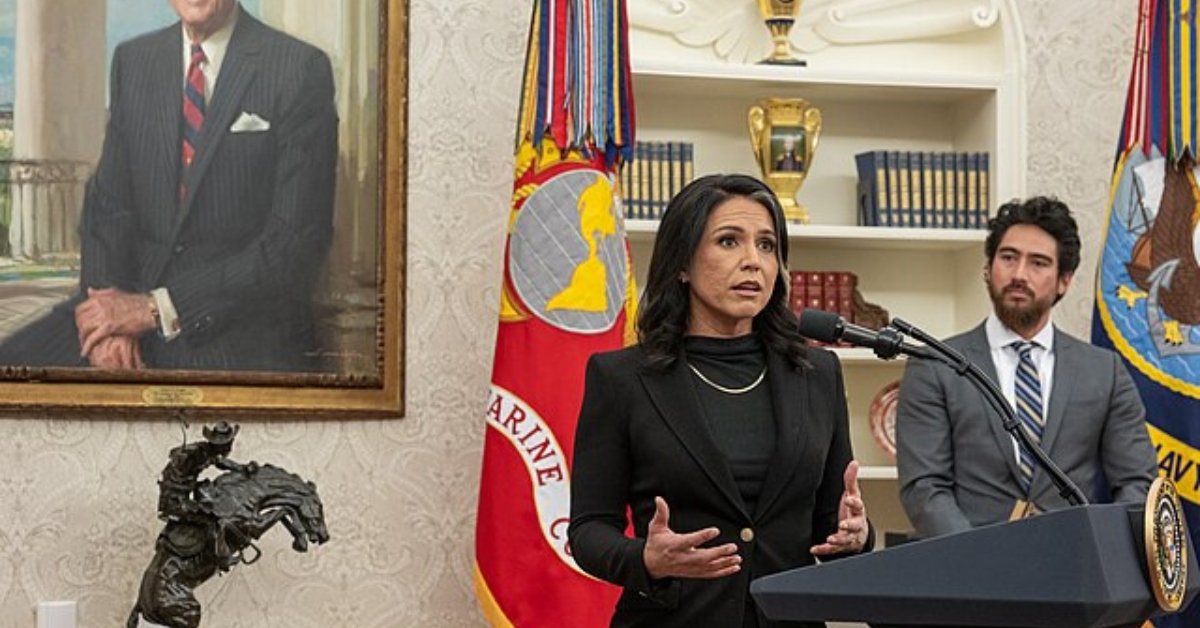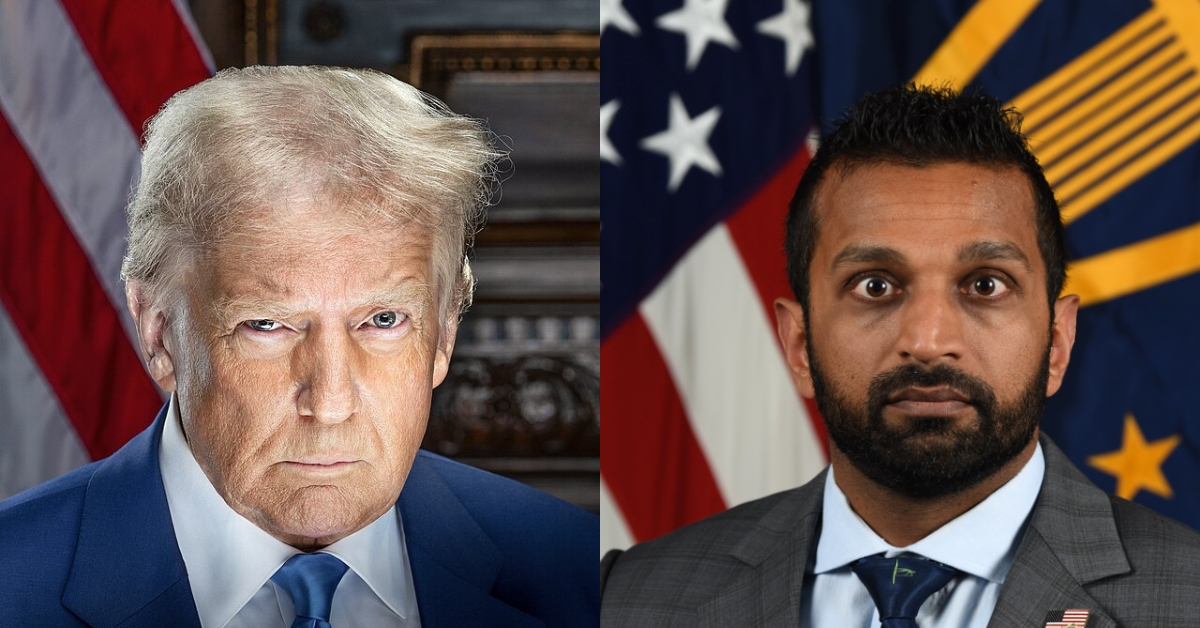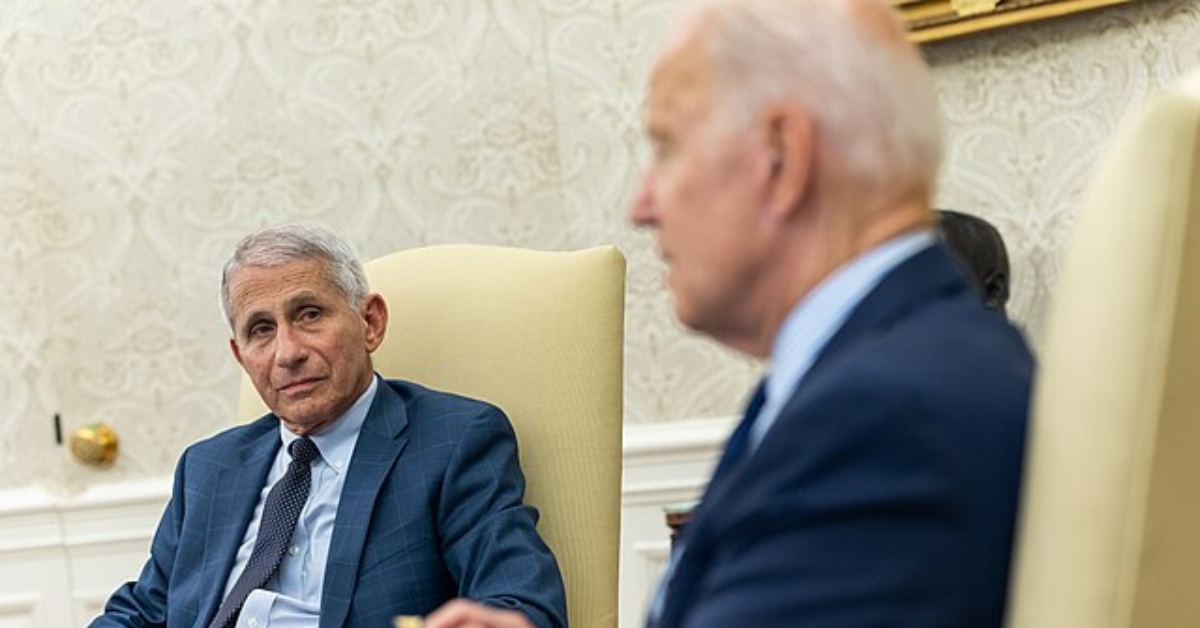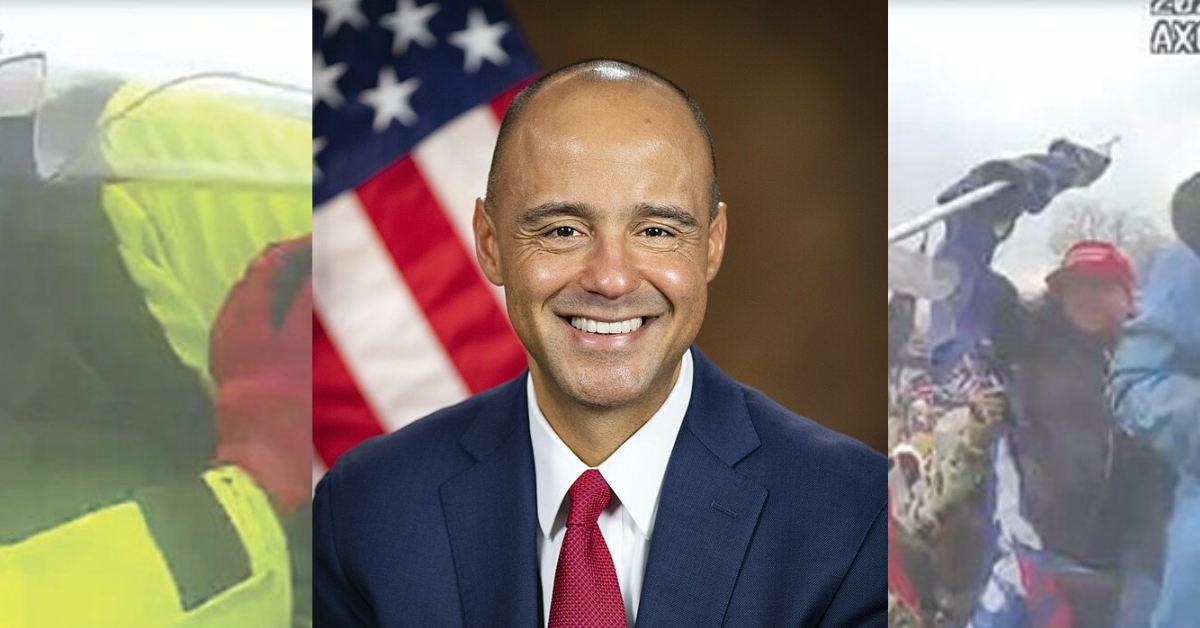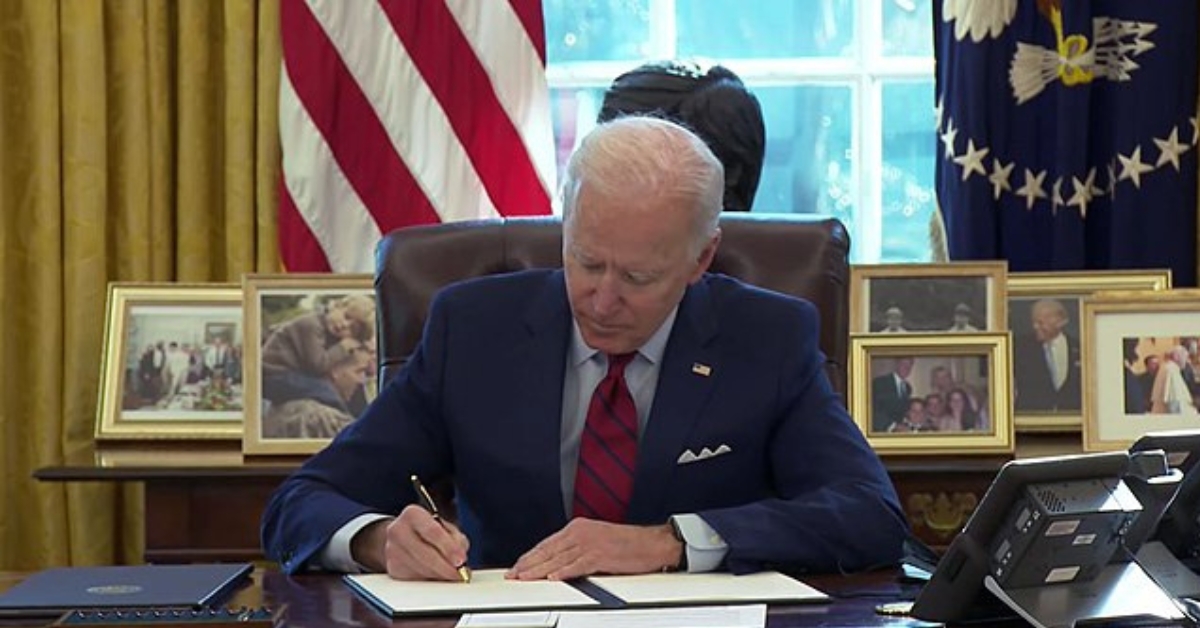
The State of the Lawfare Cases Against Trump
As the political landscape heats up with the approach of the 2024 presidential election, Democrats’ legal onslaught against former President Donald Trump reveals more about their desperation than about Trump’s guilt. The use of the judiciary to target a political opponent, especially one as formidable as Trump, is not only alarming but also a stark deviation from the principles of justice and fairness that are supposed to underpin the American legal system.
Among the myriad legal battles Trump is facing, six have been particularly highlighted as efforts to “curb” his potential run for a second term. These include charges related to classified documents, the 2020 election, racketeering in Georgia, hush money in Manhattan, allegations of being an “insurrectionist” under the 14th Amendment, and a lawsuit to bankrupt him filed by New York’s attorney general. Yet, as we dive deeper into these cases, it becomes increasingly clear that they are less about upholding the law and more about leveraging the legal system for political gain.
Take, for example, the 14th Amendment removal campaign, which aimed to disqualify Trump from the ballot by labeling him an “insurrectionist.” This attempt was unceremoniously shot down by a unanimous Supreme Court decision, dashing hopes of bypassing the electoral process to block Trump’s candidacy.
Similarly, the Georgia case, which hinges on racketeering charges related to the 2020 election, is mired in legal and procedural issues, casting doubt on its viability and timeline. Meanwhile, the federal cases concerning classified documents and the 2020 election are plagued by delays and legal challenges that make a resolution before the election increasingly unlikely.
Perhaps most telling is the New York lawsuit aimed at financially crippling Trump. In a highly questionable legal proceeding that denied Trump a jury trial, a staggering $454 million judgment was awarded against him. This case, more than any other, underscores the lengths to which Trump’s adversaries are willing to go, using the legal system not just to punish but to destroy.
Yet, amidst this legal maelstrom, one case stands out for its perceived weakness: the Manhattan case concerning hush money. Despite its shaky legal foundation, it has gained traction as other more substantial cases falter, highlighting the desperation of those who seek to use any means necessary to impede Trump’s political resurgence.
The Democrats‘ panic and reliance on the judiciary to achieve what they fear they cannot secure at the ballot box is a dangerous precedent. It not only undermines the integrity of the legal system but also erodes public trust in our democratic institutions. As these legal dramas unfold, it’s crucial to remember that the courtroom should not be an arena for political battles. The American people deserve a fair and unbiased legal system, not one weaponized for partisan purposes.
In the end, the relentless pursuit of Trump through legal channels may well backfire, galvanizing his base and drawing attention to the politicization of justice. As we move closer to the election, it’s imperative to refocus on the issues that matter to Americans and let the electoral process, not the courtroom, determine our nation’s leadership.
